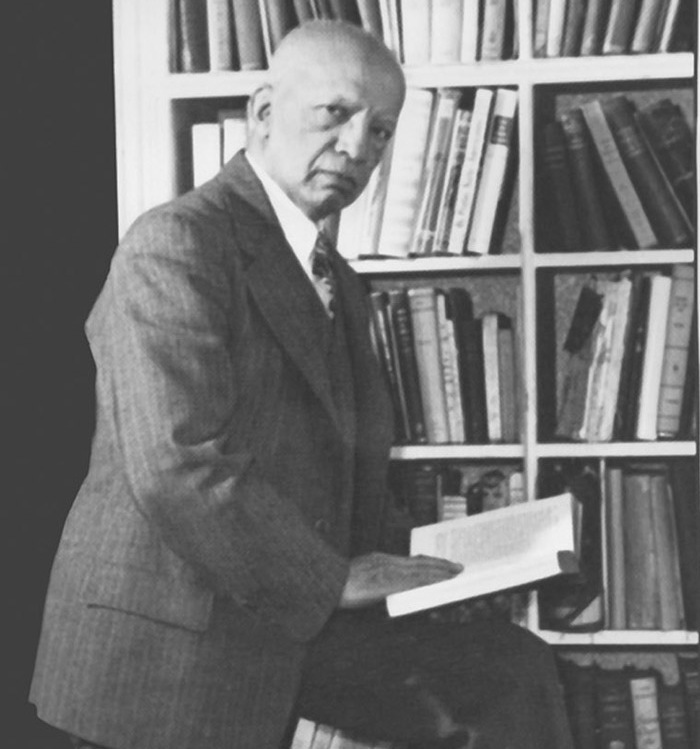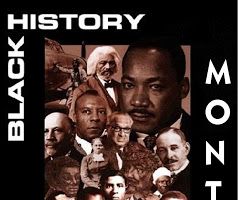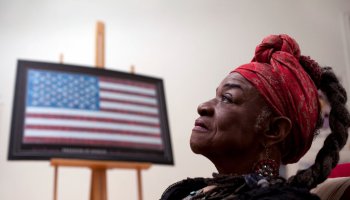
The story of Black History Month begins in 1915. That September, the Harvard-trained historian Carter G. Woodson* and the prominent minister Jesse E. Moorland** founded the Association for the Study of Negro Life and History (ASNLH), an organization dedicated to researching and promoting achievements by Black Americans and other peoples of African descent. That organization still exists and is known today as the Association for the Study of African American Life and History. The group sponsored a national Negro History week in 1926, choosing the second week of February to coincide with the birthdays of Abraham Lincoln and Frederick Douglass. The event inspired schools and communities nationwide to organize local celebrations, establish history clubs and host performances and lectures. In the decades that followed, mayors of cities across the country began issuing yearly proclamations recognizing Negro History Week. By the late 1960s, thanks in part to the Civil Rights Movement and a growing awareness of Black identity, Negro History Week had evolved into Black History Month on many college campuses. President Gerald R. Ford officially recognized Black History Month in 1976, calling upon the public to “seize the opportunity to honor the too-often neglected accomplishments of Black Americans in every area of endeavor throughout our history.” Since then, every American president has designated February as Black History Month and endorsed a specific theme. The theme for 2014 is the Civil Rights of America.
*Woodson wrote numerous articles, monographs and books on Blacks. The Negro in Our History reached its eleventh edition in 1966, when it had sold more than 90,000 copies. Woodson completed his PhD in history at Harvard University in 1912, where he was the second African American (after W.E.B. DuBois) to earn a doctorate. He later joined the faculty at Howard University as a professor, where he served as Dean of the College of Arts and Sciences.
**In 1914, Moorland was persuaded to donate his large private library on Blacks in Africa and in the United States as the foundation for a proposed “Negro-Americana Museum and Library” at Howard University. This collection formed the foundation of the Moorland–Spingarn Research Center.
Listen to Praise 104.1 each day for daily Black History facts.

















